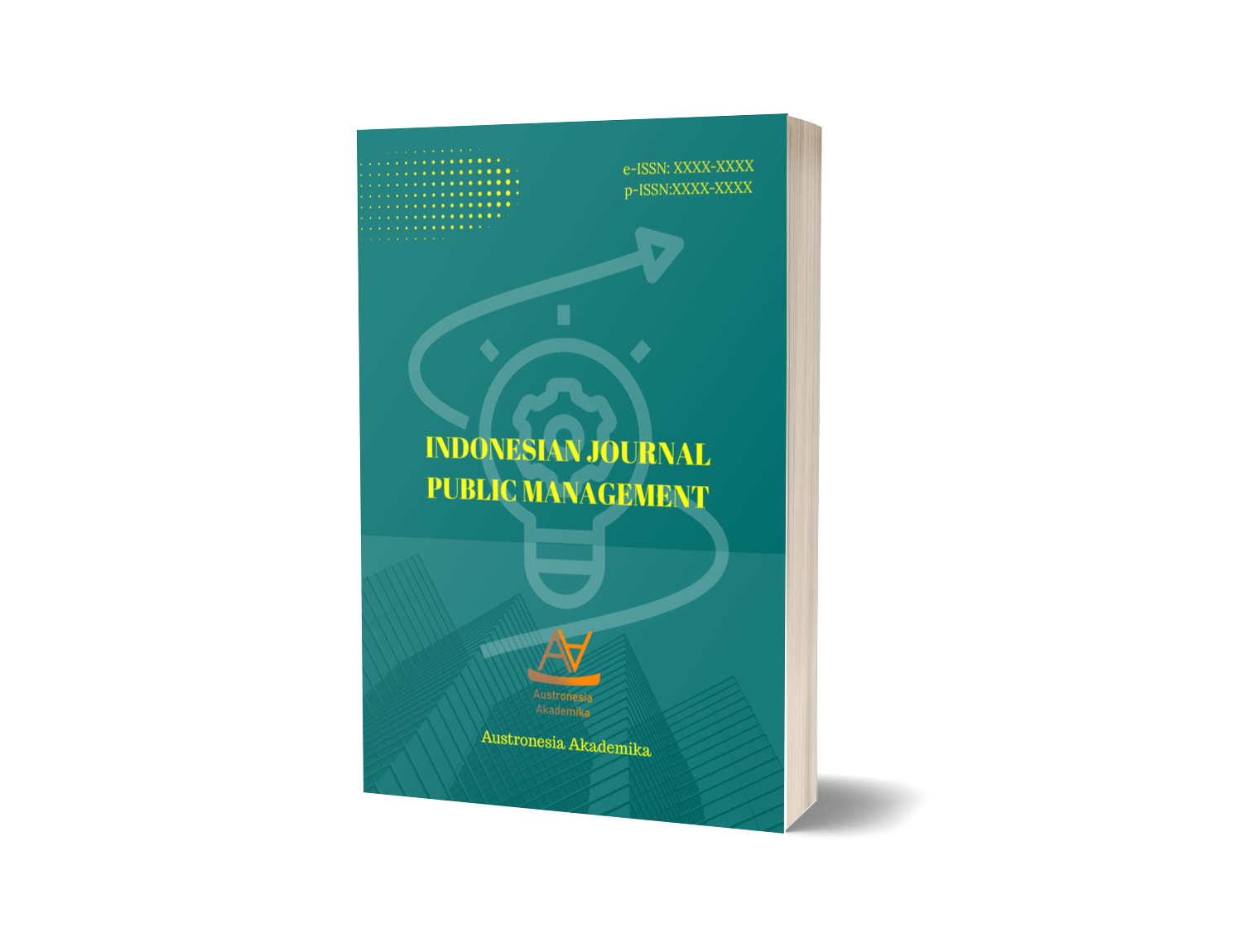Examining the Impact of Corruption Control Measures and Law Enforcement on Public Sector Integrity and Citizens’ Confidence in Pakistan
DOI:
https://doi.org/10.69812/ijpm.v1i1.122Keywords:
Corruption Control Measures, Law Enforcement, Public Sector IntegrityAbstract
Corruption remains a major challenge to governance in Pakistan, undermining institutional integrity and eroding citizens’ trust in public institutions. Despite numerous reform efforts, weak enforcement and inconsistent accountability have perpetuated systemic corruption, necessitating an integrated approach to governance reform. This study aims to examine the impact of corruption control measures and law enforcement practices on public sector integrity and citizens’ confidence. Using a quantitative design, data were collected from 417 public sector employees across multiple departments through a structured questionnaire and analyzed using descriptive statistics, factor analysis, correlation, and multiple regression in SPSS. The findings reveal that corruption control measures are significantly associated with improvements in public sector integrity (β = 0.58; R² = 0.34) and citizens’ confidence (β = 0.51; R² = 0.26). More prominently, law enforcement demonstrates a stronger influence on institutional integrity (β = 0.72; R² = 0.64) and citizens’ confidence (β = 0.75; R² = 0.70), highlighting the critical role of transparent, consistent, and impartial enforcement. These results underscore that anti-corruption strategies are most effective when coupled with robust enforcement mechanisms that ensure accountability and equal application of the law. The study concludes that strengthening governance in Pakistan requires not only the design of anti-corruption frameworks but also their credible enforcement, which together enhance institutional credibility and rebuild public trust. The findings provide empirical evidence to guide policymakers in implementing context-specific reforms, emphasizing transparency, accountability, and responsive enforcement as pillars of effective governance in emerging democracies.
Downloads
Published
How to Cite
Issue
Section
License
Copyright (c) 2025 Rizwan Ahmed

This work is licensed under a Creative Commons Attribution-ShareAlike 4.0 International License.
You are free to:
- Share — copy and redistribute the material in any medium or format for any purpose, even commercially.
- Adapt — remix, transform, and build upon the material for any purpose, even commercially.
- The licensor cannot revoke these freedoms as long as you follow the license terms.
Under the following terms:
- Attribution — You must give appropriate credit, provide a link to the license, and indicate if changes were made . You may do so in any reasonable manner, but not in any way that suggests the licensor endorses you or your use.
- ShareAlike — If you remix, transform, or build upon the material, you must distribute your contributions under the same license as the original.
- No additional restrictions — You may not apply legal terms or technological measures that legally restrict others from doing anything the license permits.














